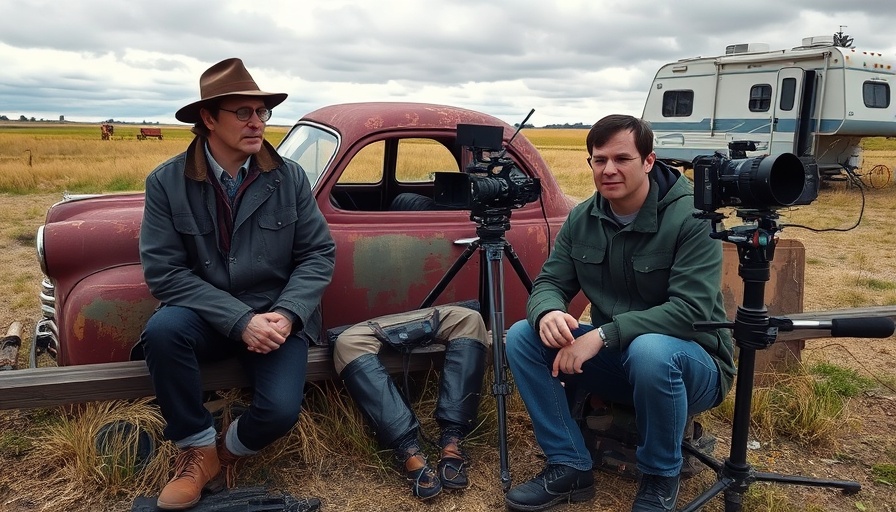
Exploring the Unlikely Passion of 'Shall We Dance?'
Masayuki Suo’s cinematic masterpiece, Shall We Dance?, invites viewers into a world where the art of dance serves as a metaphor for self-discovery and emotional revival. The film's protagonist, Sugiyama, played by Kōji Yakusho, is a businessman who finds himself captivated not just by dance, but by the passionate culture that surrounds it. When he first spots Mai, a distant and hesitant dancer, at the studio, the audience is drawn into an exploration of longing that goes beyond mere romantic interest.
Breaking Cultural Norms Through Dance
Set against the backdrop of a society wary of non-traditional pursuits, Sugiyama's journey illustrates the challenge of pursuing one’s passions amidst societal expectations. As ballroom dancing is not yet embraced in Japanese culture, Sugiyama’s quest for fulfillment leads him to question his own conformity. Here, the narrative becomes a broader commentary on the struggle between personal happiness and cultural acceptance.
The Dance of Supportive Community
One of the film’s unsung aspects is the camaraderie formed within the dance studio. Sugiyama's fellow classmates, each with their unique reasons for pursuing dance, showcase how shared experiences can challenge the isolation felt in contemporary life. Whether it's Aoki’s laughter or Tokichi's determination, the supportive atmosphere highlights how connection can flourish in the most unexpected places, reminding viewers of the importance of community.
Emotional Layers of Discovery
Through the slow-burn narrative, the film masterfully captures the feelings of hope, disappointment, and self-acceptance, echoing the timeless journey of many. It releases a fundamental inquiry: can one truly embrace their passions without sacrificing superficial obligations? This question resonates with many, as Sugiyama navigates through family pressures and his personal aspirations.
A Reflection of Society's Expectations
Suo’s work isn’t just about dance; it’s about societal perceptions of responsibility and how they can stifle individuality. As Sugiyama engages in this newfound love for dance, he unwittingly opens up conversations about emotional truth that many in modern society often fear to confront. Ultimately, Shall We Dance? becomes a beacon of hope: a call to pursue what sets our spirits ablaze, regardless of cultural boundaries.
As we reflect on this poignant film, it serves to remind us all—sometimes, we need to step out of our comfort zones and join the dance of life. So, let’s embrace our passions, just like Sugiyama, and perhaps find joy in the unexpected connections along the way.
 Add Row
Add Row  Add
Add 




Write A Comment